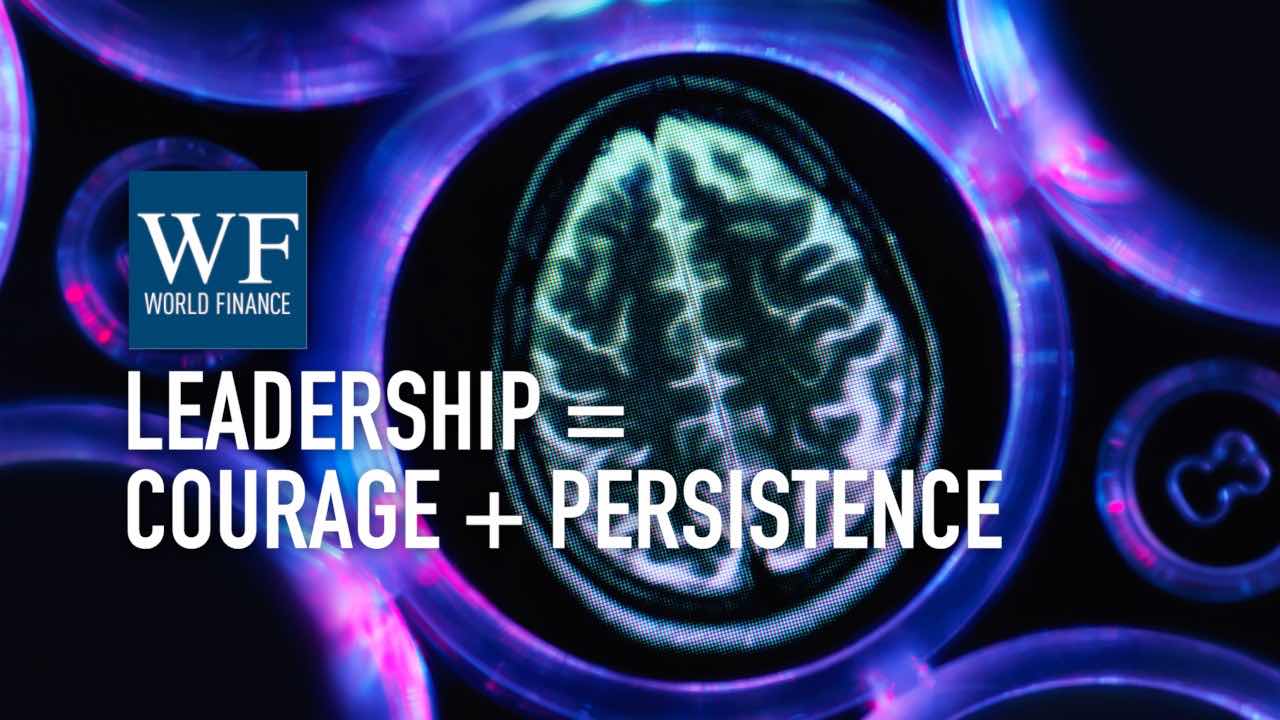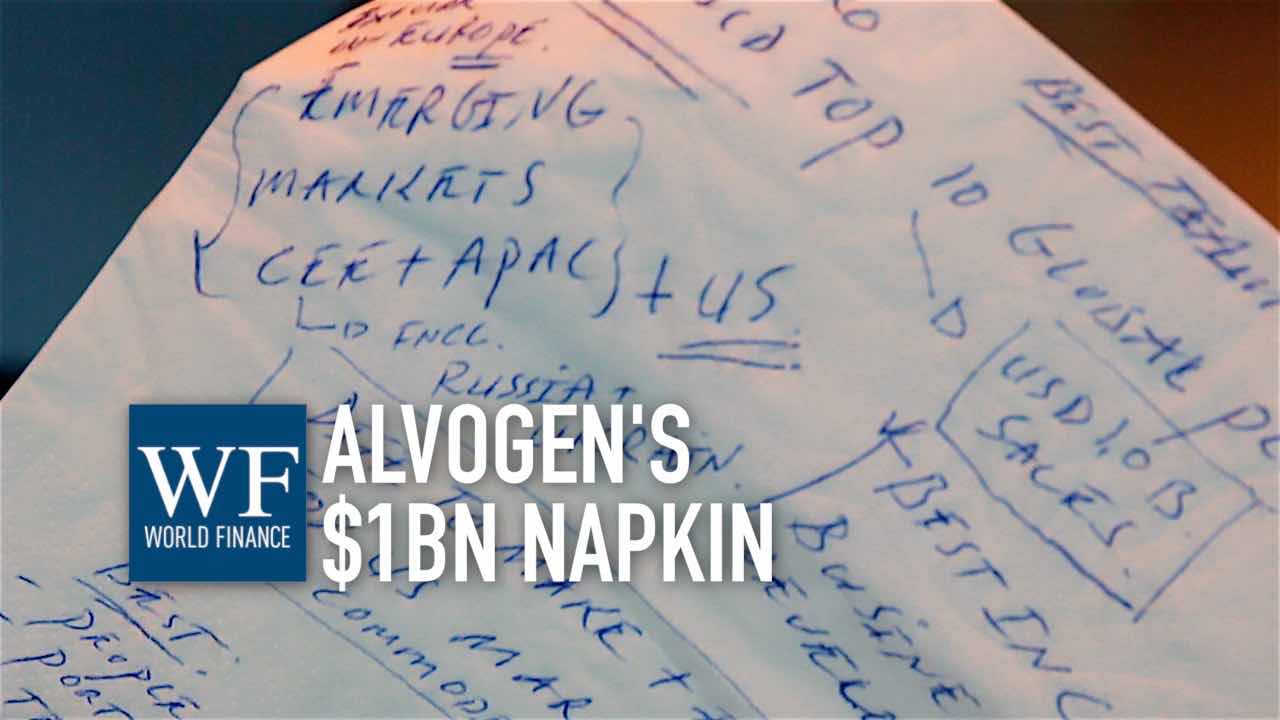Alvogen founder: Generic drug price wars will drive consolidation
Robert Wessman explains that with just three US companies controlling half the world's pharmaceutical sales, 100+ generics companies are unsustainable
Related:
Transcript
Generic pharmaceuticals has become big business in recent years, as the drug industry has ricocheted down a series of patent cliffs over the last decade. You’d think it would be triples all round for investors; but in the US, publicly listed generics companies have actually seen their market capitalisation drop 57 percent since January 2016. Robert Wessman, founder of Alvogen, explains that customer consolidation and over-leveraging to acquire assets has changed the industry permanently. Watch our other interviews with the Alvogen chairman and CEO, where he discusses the company’s origins on a restaurant napkin, and his vision of leadership.
Robert Wessman: There are two main reasons: one being consolidation of customers in the US, and the second being the massive acquisition spree the industry went into the last couple of years.
The US market is half of all global sales. What we have seen in the last couple of years is the wholesalers teaming up with retailers. So today, we have three groups controlling 90 percent of the entire market. The purchasing power of those three groups is two times the purchasing power of the entire European Union. So for us as a generics company, we are among 100 companies fighting for shelf space with those three big groups. And that has led to intense price wars in the last 18 months.
The main issue when it comes to acquisitions: our industry is cyclical, it was at its peak in 2015. Many of those companies, to maintain growth, had to enter into acquisitions to buy growth. And those companies were willing to over pay just to secure the assets and continue to grow. Most of those acquisitions were funded by debt; then, when we saw the pricing start to erode, those companies became over-leveraged, which impacted for sure the market cap of those companies.
Those changes have changed the industry permanently. My prediction is there will be a massive consolidation in the industry, because we cannot have 100 generic companies serving three customers. So I think we will see many companies merging, we will see many companies fighting off their debt by selling off assets. Most likely we will see 10-15 companies emerge out of that.
So, I think we will have a very exciting time, an interesting time, in the coming 24-36 months in the industry.
In my opinion, companies that have access to cash today are in a much better position. And also companies which did put an effort and investment into research and development in the past, into novel and difficult-to-make products, will be able to fuel their growth going forward.
At the same time, companies that have invested into bio-similars – because the industry will be at a crossroads only five years from now, when biotech products will become the bigger portion of the global market.
Alvogen is well-positioned today. We have been spending about $60-70m on our research and development for the last five years, every year. We have a very strong portfolio to continue to grow the business.
At the same time, we went out. We raised funds before we saw the crash coming, now. So the company has over $600m sitting on the balance sheet, waiting to take advantage of assets that come for sale, and hopefully will be at much more reasonable prices than we’ve seen in the past.

 Robert Wessman: A leader must be able to act when most others don’t
Robert Wessman: A leader must be able to act when most others don’t ‘I took my napkin, and off we went’: Robert Wessman’s billion dollar vision
‘I took my napkin, and off we went’: Robert Wessman’s billion dollar vision
